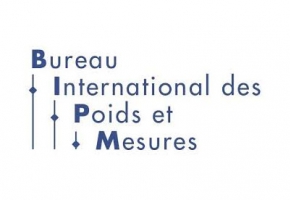Leading US banks boycott US oil and gas lending

The largest US banks refuse to lend to the country's oil and gas companies, which are in a difficult position due to lower prices for hydrocarbons and the consequences of the coronavirus pandemic. This was announced by the former Permanent Representative of the United States to the European Union, Boyden Gray, who heads the Boyden Gray & Associates law firm.
According to him, American banks "are in fact boycotting the US oil and gas sector, guided by political considerations and under pressure" from environmental activists. In a normal situation, financial institutions, on the contrary, compete with each other to get the opportunity to provide loans to corporate clients. Such competition is designed to facilitate the allocation of capital for the implementation of cost-effective projects, which in turn ensure the provision of goods and services to consumers at affordable prices, explained the lawyer, whose firm represents the interests of American energy companies.
Citibank, Goldman Sachs, JPMorgan Chase, Morgan Stanley and Wells Fargo almost simultaneously ceased to provide funds to the US oil and gas sector. These financial institutions even promised to stop lending to projects related to the exploration of oil fields in the Arctic and coal mining. The only exception among large banks is Bank of America. The world's largest investment fund, BlackRock, announced back in January of this year that it would not deal with the enterprises whose share of revenue from coal projects exceeds 25%, Gray recalled. The same investment fund entered into a pact called Climate Action 100+ along with more than 450 international investors.
From the point of view of a lawyer, such projects are essentially "an invitation to join the conspiracy to boycott a critical segment of the American economy." Gray cites the view of the US Federal Trade Commission that such projects, if left unattended, could violate federal antitrust laws, even in the absence of such formal features as the presence of a secret agreement on collusion, or the absence of a resultant material interest.
More than 12 U.S. oil and gas companies were forced to turn to Chapter 11 of the U.S. Bankruptcy Act due to a downturn in world oil prices, partly because of disputes among OPEC + participants. On April 20, the cost of Texas WTI crude oil for the first time fell to negative levels in the New York Mercantile Exchange.
The agreement of the OPEC + countries entered into force on May 1, it involves a reduction in oil production by the alliance countries by 9.7 million barrels per day (b/d) in May - July. Russia and Saudi Arabia, according to the agreements, will reduce oil production by equal shares - 2.5 million b/d from the base level of 11 million b/d. The agreements will be valid for two years, but from August to December 2020, 7.7 million b/d is already falling under the alliance, and from January 2021 until the end of April 2022 - 5.8 million b/d. The deal conditions may be revised in December 2021.
Source: WSJ, The New-York Times







